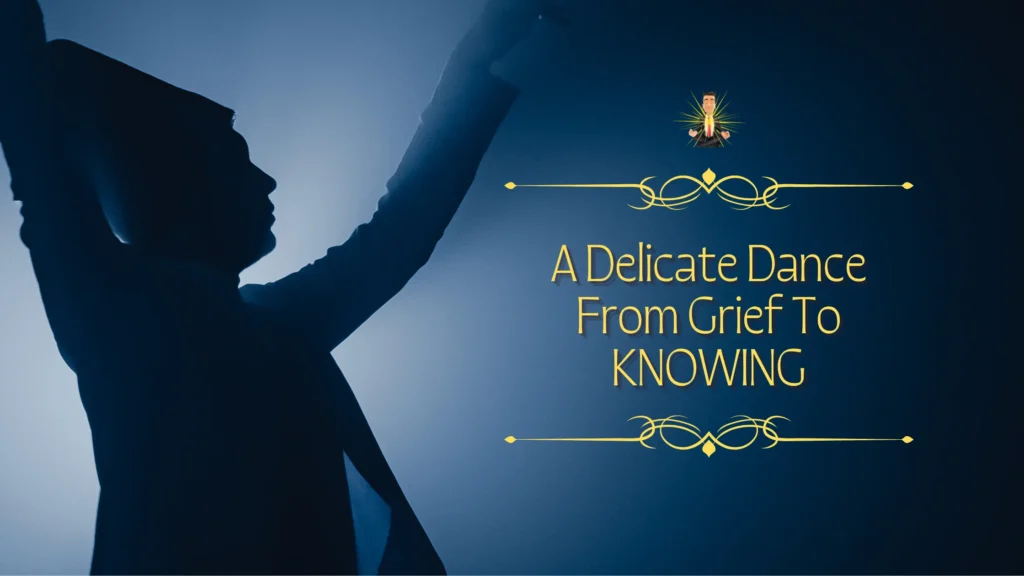Across civilizations, poetry has long helped us make sense of life’s hardest moments. Among the most profound voices is that of Rumi—the 13th-century Sufi mystic whose words continue to comfort and awaken. Rumi didn’t speak from the sidelines of sorrow; he wrote from within its fire, turning anguish into insight.
As I walk through my own grief, I often return to Rumi—not for escape, but for understanding. His poetry doesn’t offer easy answers but a deeper Knowing—a truth that emerges only when the heart is cracked open.
In the SPARK framework, Knowing is the final and most intimate pillar. It’s not about gaining knowledge or chasing success; it’s about awakening to what’s already within. Often, that Knowing arises not through achievement but in stillness—or in the wake of profound loss.
Here’s what Rumi continues to teach me:
1. The Wound Is the Way
“The wound is the place where the Light enters you.”
We’re taught to conceal our pain, to move on quickly. But what if our cracks aren’t flaws, but openings? Grief strips away illusion. When we meet it with presence, pain becomes a sacred teacher. We emerge not just healed, but changed—wounded healers who carry light because we’ve known the dark.
2. Grief Contains Its Own Cure
“Don’t run away from grief, O soul. Look for the remedy inside the pain…”
Grief is not a punishment—it’s a path. And within it lies its own medicine. In my grief, I wasn’t seeking insight, yet I found it: the preciousness of time, the power of memory, and the depth of presence. Pain didn’t close me—it opened me.
3. Let It Move You
“Dance, when you’re broken open…”
Rumi’s call to dance amid brokenness isn’t irreverent—it’s revolutionary. Grief demands presence but also movement. This isn’t joy—it’s surrender. It’s letting life pulse through you again. Some days I cried while walking. Others, I sat in silence. And sometimes, I danced—awkwardly, gratefully, alive.
4. Grief Deepens Compassion
“Grief can be the garden of compassion…”
Grief isn’t the opposite of love—it is love, transformed. When we lose someone, our love shifts—from touch to memory, from words to silence. But if we stay open, it becomes compassion. Grief softened my judgments and deepened my empathy. Everyone is carrying something.
5. There Is No Separation
“Goodbyes are only for those who love with their eyes…”
Some losses never leave us. But true connection transcends form. We carry those we’ve lost—in how we love, live, and give. Their essence lingers. What we lose in body, we keep in spirit. Goodbye is not an end, but a sacred continuity.
6. Grief Reflects Growth
“Your grief for what you’ve lost lifts a mirror up to where you’re bravely working.”
Grief doesn’t just reveal what’s missing—it reflects who we’re becoming. It uncovers strength we didn’t know we had. Often, our deepest values—love, courage, compassion—emerge through loss. We don’t just mourn what was—we meet who we are.
From Loss to Knowing
The final stage of SPARK—Knowing—is not taught; it’s earned. It comes when we stop resisting and start listening. Whether through pain, struggle, or loss, this Knowing isn’t intellectual—it’s soulful.
Let your wound speak. Let grief soften and shape you. And when the time comes—dance.
